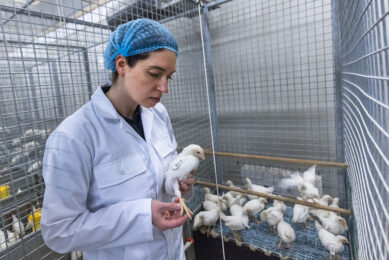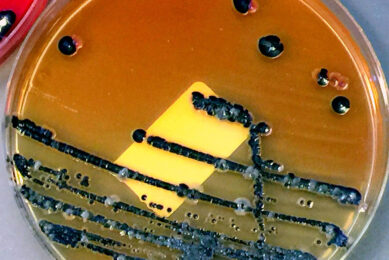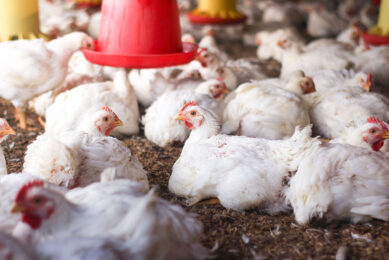Free-range poultry farms, additional risk for erysipelas
In 2009, the Animal Health Service in the Netherlands detected the disease erysipelas on 14 free-range poultry farms. A year earlier there were ‘only’ 10 cases.
Erysipelas is caused by the bacterium Erysipelothrix rhusiopathiae, an environmental bacterium that can infect chickens when they walk outside. Sick birds show similar symptoms as hens infected with Salmonella gallinarum.
Mortality can be high and erysipelas is difficult to treat. When antibiotics are used, the eggs can not be delivered.
In practice, the disease is controlled by removing the sick animals as quickly as possible and to vaccinate the remaining animals. There is a good functioning vaccine available. Sometimes, whole flocks are being culled. For farms that have been contaminated, the Dutch Animal Health Service recommends to vaccinate the birds for 3 consecutive rounds.
Join 31,000+ subscribers
Subscribe to our newsletter to stay updated about all the need-to-know content in the poultry sector, three times a week. Beheer
Beheer








 WP Admin
WP Admin  Bewerk bericht
Bewerk bericht